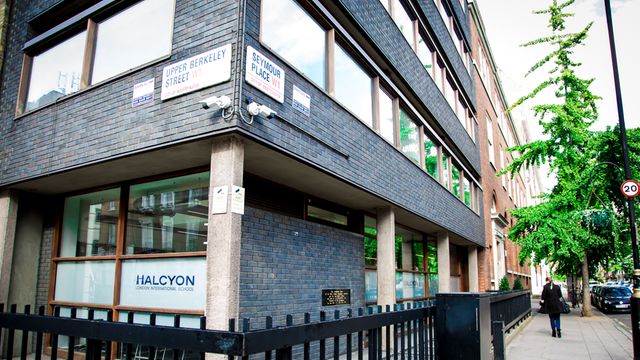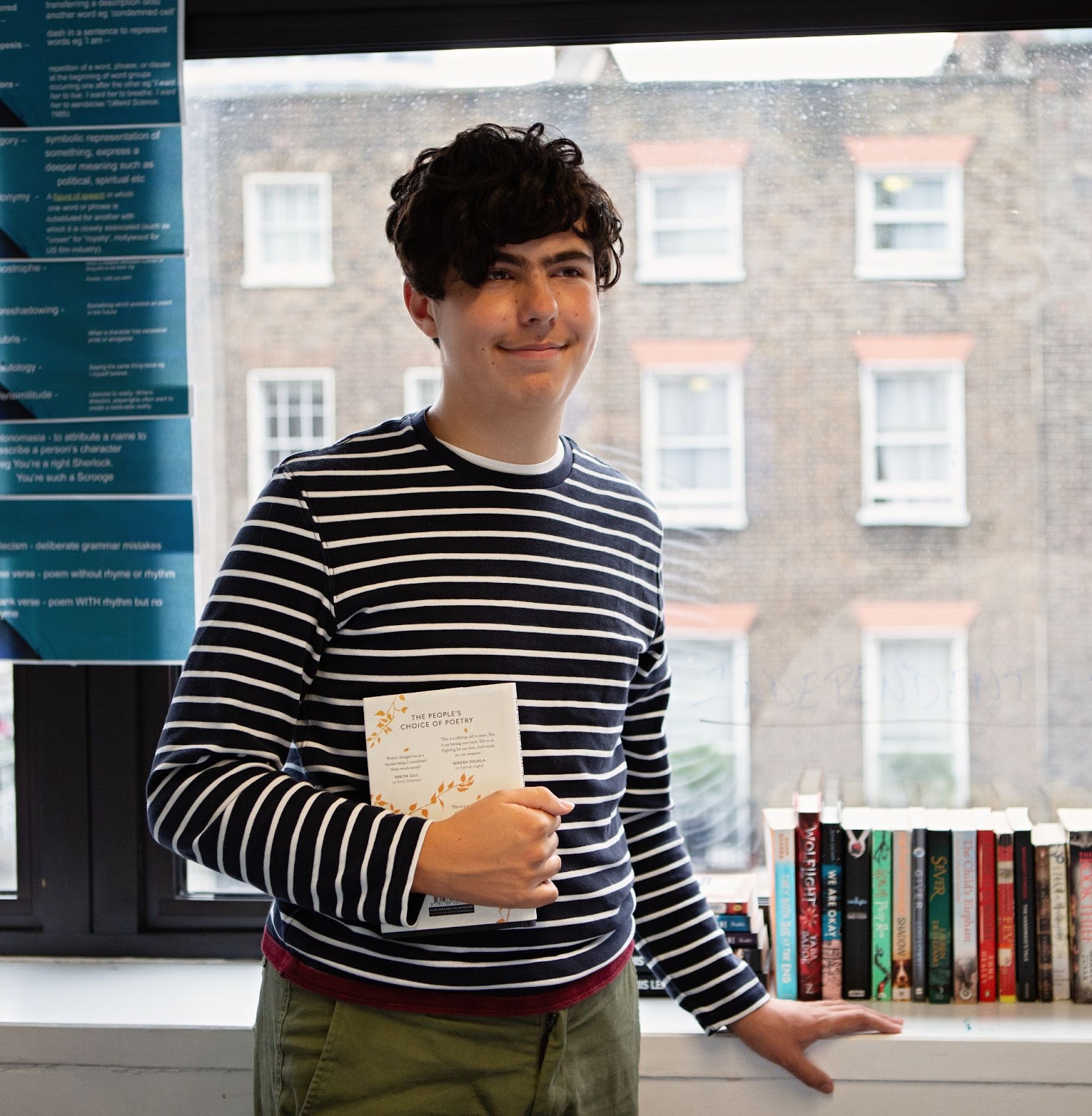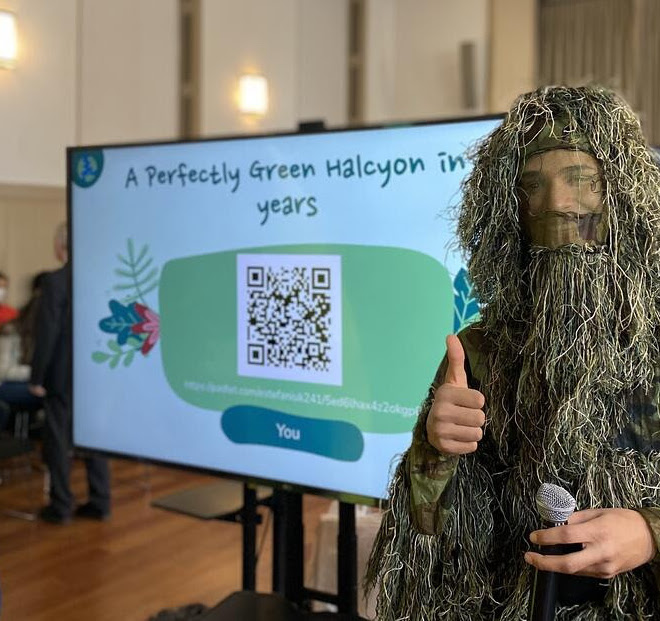
+

Halcyon recognises that sustainability is complex and multi-faceted, with both individual and collective responsibilities. It comprises system-level interactions between environment, economy and society, as well as cultural, technological and political aspects.
Learning and teaching about sustainability promotes living in such a way as to feel connected with, and responsible for, the planet, its resources and its other inhabitants. It is to recognise and explore the complexity of interactions between human behaviours and the natural world, and to minimise detrimental individual and societal impacts upon the latter.
Accreditations

In every area of school life, we demonstrate sustainable practice to our students. Sustainability is threaded into the fabric of Halcyon’s community.
This is part of preparing our students to be impactful, responsible, and life-ready global citizens. We provide young people with models of behaviour and attitudes to the world around them that they can take into their adult lives – behaviours and attitudes that will support them in problem-solving, leading, and communicating in the complex world that awaits them.
From looking at green campaigns in English to partaking in decision-making on the materials used in school maintenance, our students have the opportunity to think about what sustainable behaviour means on a daily basis.
Halcyon students do more than learn about climate change in science: they learn how to apply their skills from all subjects to address the global issues that we face.
To understand how we can build a better world, our students need to see how we can build a better campus. From our green wall to CO2-absorbing paint to a student-built roof garden, the fabric of our building is a reminder of the need to think about sustainability at every step.

As our Catering Manager Jacqueline Williamson shared, school lunches can create a “blueprint” that takes us through life. Lunchtime at Halcyon communicates to students that they can have delicious, varied, and sustainable vegetarian food every day – at a low cost to their world.
Being a part of London Eco consortiums provides us with a support for sustainability strategies, and ensures that our work boosts the efforts of our local educational community.
As far as we know, we are the only school to offer Environmental Science as an integrated science for Grade 6-9 MYP students, and the only school to offer Environmental Science as a standalone subject in Grade 10.
In the news

“Our idea is that, ideally, we want to ‘green season’ our curriculum.”
Watch Martyn Steiner’s interview

“Schools don’t need to start teaching about climate change – they need to start teaching around climate change.”
Read article

Using a diversity of perspectives to investigate our world can help us develop a richer intercultural understanding of one another – and, in turn, this can inspire us to find new ways to think about global environmental issues. This year, Grade 9 classes sought to explore Earth’s presentation in the media by researching a range of global perspectives on human relationships with nature. First, the class looked at key quotations from across human cultures – from The Lankavatara Sutra to The Bible to the World Wildlife Fund website – that dealt with our relationship to our environment. From these quotations, they were able to create different models of hierarchies communicating the power relationships between humans and nature. In one model, students found that humans were presented as ‘above’ the natural world, using it for their needs, whereas the other model presented an image where humans were intertwined with the natural world. Students were then able to discuss their differing views on nature in a constructive way through these shared worldviews. You can read some of their writing here.
Whilst some of our staff are leading calls for more environmentally-conscious teaching in school, our focus on sustainability is shared by our whole community. In the summer of 2021, students led their own assembly on climate change – even running a school-wide quiz to test their peers’ knowledge – which included coverage of perspectives and experiences of climate change from all over the world. They then requested their classmates’ input on making Halcyon a more sustainable place to learn. We would like to encourage students who care deeply for our environment to join Halcyon’s Eco-Committee.
Student Life at Halcyon
